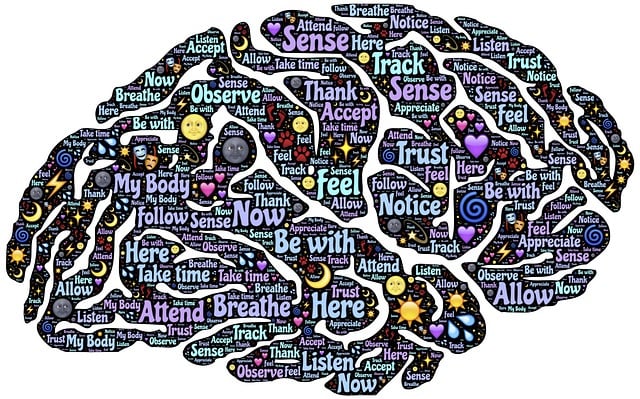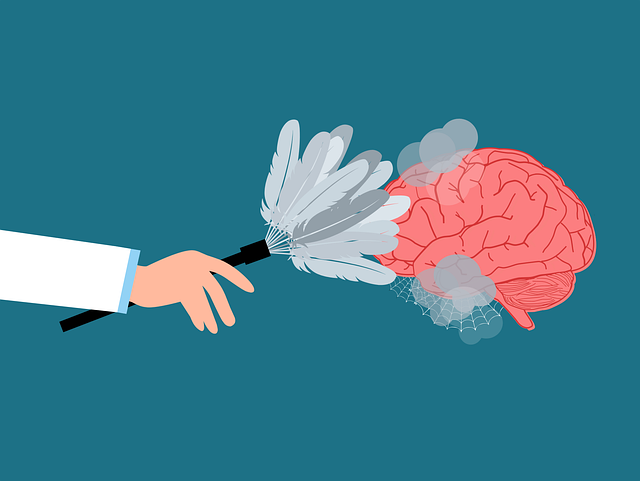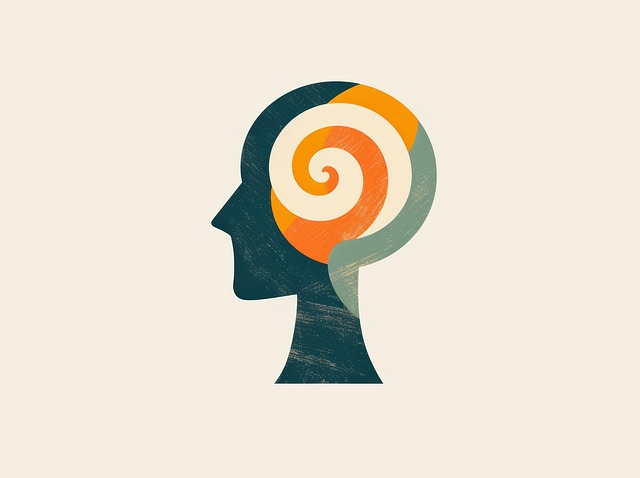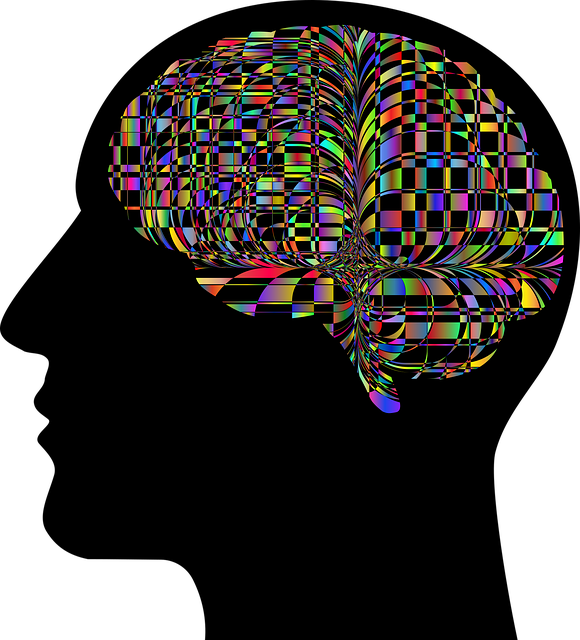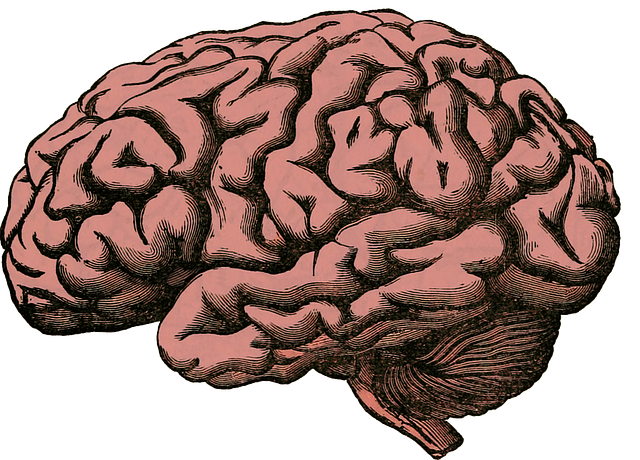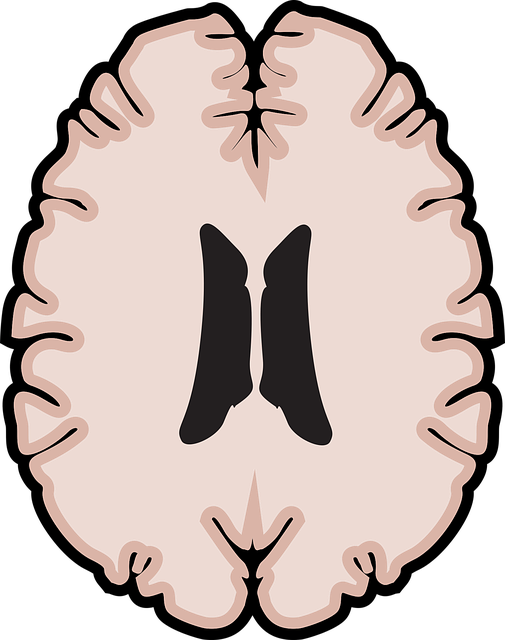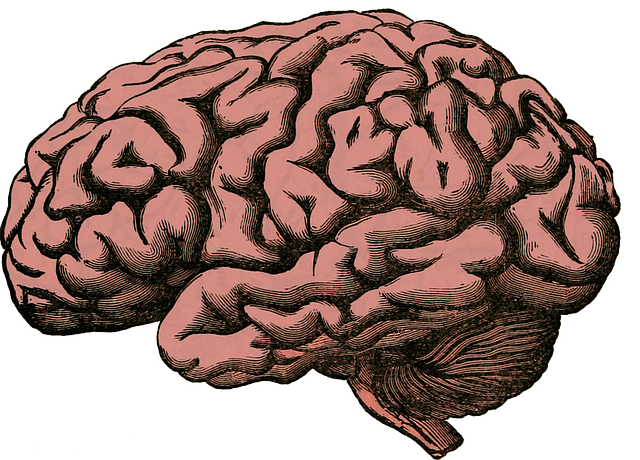Odd adult behavior characterized by defiance and irritability may indicate Oppositional Defiance Disorder (ODD), affecting daily life and relationships. Recognizing symptoms, understanding root causes, and seeking support through community programs or therapy are key to managing ODD. Self-care is vital, incorporating mindfulness, stress management, and personalized strategies developed with professional guidance. Overcoming barriers to consistent self-care through coaching programs enhances mental wellness for adults with ODD, improving their quality of life.
Self-care is essential for overall mental wellbeing, but many adults struggle to prioritize it due to various factors including hidden mental health challenges like Oppositional Defiant Disorder (ODD). This article guides you through a comprehensive approach to self-care practices, offering insights on understanding and managing ODD symptoms. We explore the importance of self-care, help identify personal needs, present practical strategies, and overcome barriers to foster improved mental wellbeing. Incorporate these tips and consider therapy for adults with ODD to enhance your quality of life.
- Understanding Adult ODD: Symptoms and Impact
- The Importance of Self-Care for Mental Wellbeing
- Identifying Personal Self-Care Needs
- Practical Strategies for Incorporating Self-Care
- Overcoming Barriers to Consistent Self-Care
Understanding Adult ODD: Symptoms and Impact

Odd behavior in adults, often characterized by persistent defiance and irritability, may point to Oppositional Defiance Disorder (ODD). Recognizing the symptoms is crucial as ODD can significantly impact an individual’s daily life and relationships. Common signs include frequent arguments with authority figures, active resistance to requests or rules, and a general attitude of anger or annoyance. These behaviors can disrupt various aspects of an adult’s life, from work performance and social interactions to emotional well-being and family dynamics.
Understanding the root causes and impacts of ODD is essential for effective therapy. Many adults with ODD struggle with developing coping skills due to a history of unmet needs or invalidating environments. Community outreach programs offering support groups and educational resources can foster understanding and promote healing processes. Through therapy, individuals can learn to manage their emotions, improve communication, and build healthier relationships, thereby enhancing their overall quality of life.
The Importance of Self-Care for Mental Wellbeing

Self-care is an essential aspect of maintaining good mental health and well-being. It involves a range of activities and practices that promote relaxation, reduce stress, and nurture personal growth. For individuals dealing with Oppositional Defiant Disorder (ODD), which often presents as chronic anger, defiance, and irritability, incorporating self-care becomes even more critical. ODD can significantly impact an individual’s daily life, relationships, and mental health if left unaddressed.
Engaging in regular self-care practices can be a powerful tool in managing symptoms of ODD and preventing depression. Therapy for adults with ODD often emphasizes the importance of stress management and coping mechanisms. This includes techniques such as mindfulness meditation, deep breathing exercises, and engaging in hobbies or physical activities that bring joy and relaxation. By prioritizing self-care, individuals can develop healthier ways to cope with their emotions, reduce impulsive behaviors, and foster a sense of inner calm. Additionally, participating in stress management workshops or joining support groups focused on burnout prevention can offer valuable strategies for maintaining mental resilience and overall well-being.
Identifying Personal Self-Care Needs

Identifying personal self-care needs is a crucial step towards enhancing mental wellness. It involves delving into one’s unique emotional landscape and understanding what nourishes and rejuvenates the mind. For individuals grappling with Oppositional Defiance Disorder (ODD), this process can be particularly significant, as ODD often intersects with other co-occurring conditions that impact emotional regulation. Through therapy for adults with ODD, professionals help clients uncover their specific triggers and develop tailored self-care strategies.
This journey of self-discovery goes beyond the surface; it requires cultivating emotional intelligence—the ability to recognize and manage one’s emotions effectively. Public awareness campaigns development around mental health can play a pivotal role in normalizing conversations about self-care, encouraging individuals to prioritize their well-being, and seek support when needed. By recognizing and addressing personal needs, one can foster resilience, enhance overall mental wellness, and even mitigate the impact of challenging conditions like ODD.
Practical Strategies for Incorporating Self-Care

Incorporating self-care practices into daily life can be transformative for individuals managing conditions like Oppositional Defiance Disorder (ODD). A structured routine, including dedicated time for relaxation and pleasure, is a practical strategy. This might involve setting specific blocks in the calendar for activities that foster well-being, such as meditation, exercise, or hobbies. These moments of calm and engagement can significantly reduce stress levels and improve emotional regulation, which are crucial aspects of ODD therapy for adults.
Additionally, seeking professional support through healthcare provider services tailored to mental health is invaluable. Cultural competency training for healthcare providers ensures individuals from diverse backgrounds receive sensitive care. Workshops focused on stress management offered by organizations specializing in mental health can also equip people with valuable tools. These resources combine to create a comprehensive self-care strategy, enhancing the effectiveness of therapy and promoting long-term well-being.
Overcoming Barriers to Consistent Self-Care

Overcoming barriers to consistent self-care is a significant step toward enhancing mental wellness. Many individuals struggle with making time for self-nurturing activities due to demanding schedules, work pressures, or even internalized beliefs that prioritize others’ needs over their own. For those diagnosed with Oppositional Defiant Disorder (ODD), the challenges can be amplified; they might find it hard to adhere to a structured routine or express feelings openly. However, therapy for adults with ODD can equip them with valuable communication strategies and coping mechanisms to navigate these hurdles.
Mental wellness coaching programs development has recognized these barriers and tailored interventions to support individuals in cultivating self-care habits. Public awareness campaigns development focused on normalizing the importance of self-love and -compassion can further encourage people to prioritize their mental health. By combining therapeutic approaches with supportive communities, individuals can overcome these barriers, fostering a healthier relationship with self-care practices that positively impact their overall well-being.
Incorporating self-care practices is a transformative journey, especially for those managing Adult ODD. By understanding the impact of this disorder and prioritizing mental wellbeing, individuals can identify personal needs and implement practical strategies to enhance their lives. Overcoming barriers through consistent self-care is key to fostering resilience and improving overall health. Seeking therapy for Adults Oppositional Defiance Disorder can provide valuable tools and support, enabling individuals to navigate their challenges and embrace a more balanced and fulfilling life.


